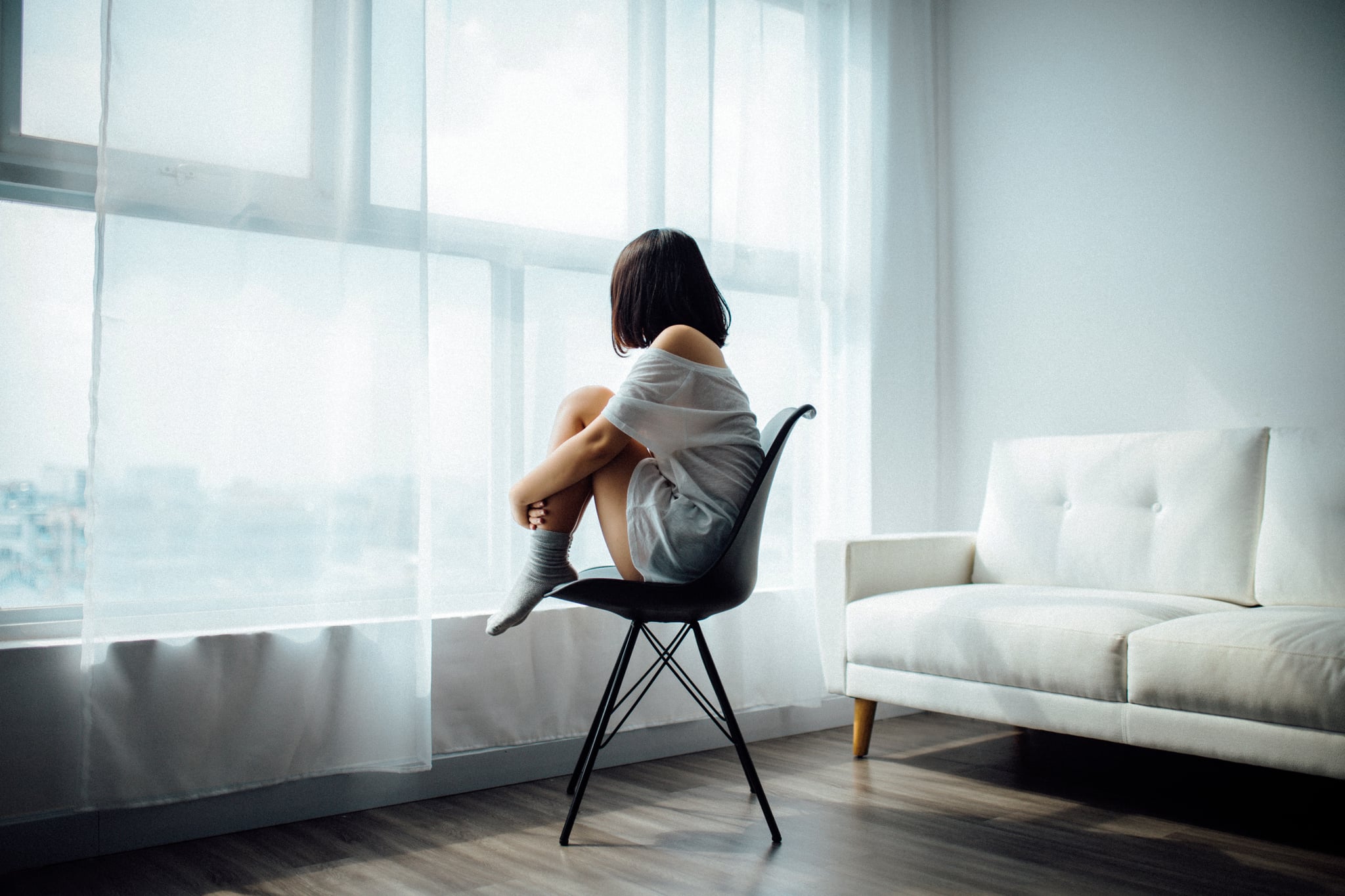
The coronavirus lockdown varies from state to state and even between counties and cities. While some officials are encouraging social distancing, others are mandating “sheltering in place” in order to contain the virus. Wondering what the difference is? There’s very little, actually.
“From a very technical standpoint, social distancing guidelines are what public health experts are recommending, while shelter-in-place orders are public mandates, often from elected officials,” Natasha Bhuyan, MD, a family physician and regional medical director at One Medical, told POPSUGAR. “Both convey the same general idea: in order to curb the spread of COVID-19, it’s best for people to avoid others.”
Regardless of what your city or state requires, it’s imperative that you stay home as much as you can to prevent the spread, even if you consider yourself young and healthy. And if you are immunosuppressed, elderly, pregnant, or have young children, this is especially important.
Another reason to stay home: you can have the virus and be contagious even if you’re not displaying any symptoms. Read on for more advice on how to protect yourself and others.
How to Practice Social Distancing
“Social distancing means avoiding crowds, mass transit, and keeping a distance of at least six feet from others,” Dr. Bhuyan said. “It means foregoing social functions, bars, restaurants, and even work (if it is able to be done remotely), in an attempt to avoid others.” Again, this is a directive coming from public health officials.
Those who are social distancing are also encouraged to stay home as much as possible, which is the most effective way to “flatten the curve,” or prevent cases from surpassing the capacity of the healthcare system, which puts lives at risk.
What Does It Mean to Shelter in Place?
“With shelter-in-place orders, only essential services should continue,” Dr. Bhuyan said. This means that nonessential businesses are closed for the time being, though the specifics will vary depending on where you live. Things that are still operating? “Healthcare, pharmacies, grocery stores, waste management, etc,” Dr. Bhuyan told POPSUGAR. When you do venture out for essentials or just to get some exercise or fresh air, you should stay at least six feet from those around you.
In some cases, officials may put even stricter measures in place for the most vulnerable populations. For example, in New York, folks over 70 and those with compromised immune systems and underlying illnesses have been asked to stay home and limit visitors to immediate family, who should take their temperature before coming inside, among other measures.
Why Are These Measures So Important?
While these precautions may seem intense, this is necessary for so many reasons, including the fact that it literally will save lives. Lessening the speed and severity of the spread will ease the burden on hospitals and healthcare providers (think: fewer COVID patients in the ICU, more capacity to take care of people with other life-threatening traumas and illnesses).
Because there is no vaccine or treatment specific to this strain of coronavirus, your best defense (aside from washing your hands and cleaning germ-ridden surfaces) is to stay home and avoid contact with people as much as possible. So, do your part and help save lives!
